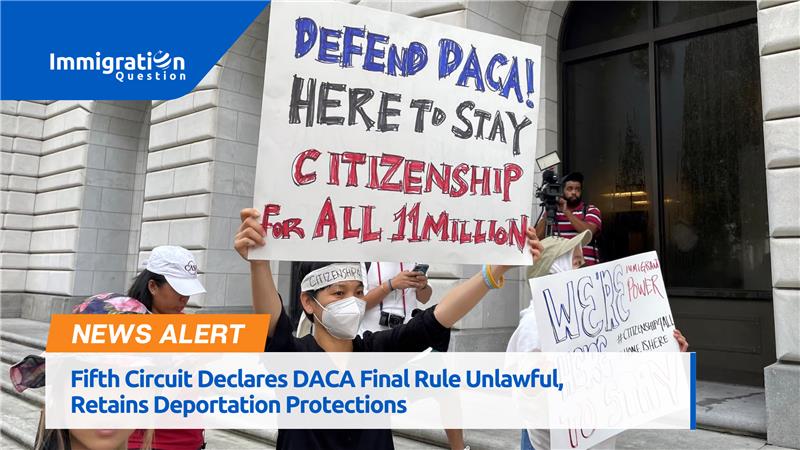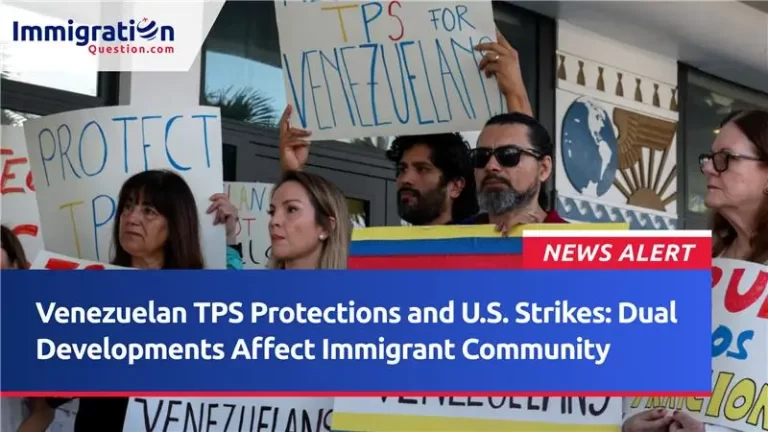On January 17, the Fifth U.S. Circuit Court of Appeals issued a ruling in the Texas vs. USA case, determining that the Deferred Action for Childhood Arrivals (DACA) Final Rule is “substantively unlawful.” However, the court decided to maintain the status quo by upholding DACA’s protection from deportation while limiting its injunction solely to the state of Texas.
Background and Legal Context
This decision marks the latest development in the ongoing legal challenges surrounding the Department of Homeland Security’s (DHS) Final Rule on DACA, which was introduced on August 30, 2022. The Fifth Circuit largely concurred with earlier findings that the Final Rule, similar to the original DACA Memorandum from 2012, violates the Immigration and Nationality Act.
The appellate court’s judgment focused on the severability clause included in the Final Rule, which allows distinct provisions to function independently if one part is deemed invalid. This provision played a crucial role in shaping the court’s approach to remedies.
Key Changes to District Court Ruling
The Fifth Circuit introduced significant modifications to the district court’s earlier decision:
- Severability Clause Application: The court recognized the severability of DACA’s dual aspects—protection from deportation and work authorization. As a result, the ruling vacated only the work authorization provision, leaving deportation protections intact.
- Geographically Limited Injunction: The court restricted its injunction to Texas, the sole plaintiff demonstrating measurable harm from DACA. Texas had argued that costs associated with health, education, and social services for DACA recipients constituted an injury addressable by a state-specific remedy.
- Preservation of Forbearance: The appellate court upheld the stay on deportation protections for DACA recipients enrolled before the district court’s 2021 order, citing the profound impact of the program on individuals and the importance of stability during ongoing litigation.
Implications for DACA Recipients
DACA remains a vital safeguard for individuals who arrived in the U.S. as children without legal authorization. Since its inception in 2012, it has offered eligible immigrants protection from removal and work permit eligibility. However, new applications for DACA remain suspended following the district court’s 2021 decision, which found the program unlawful.
Looking Ahead – Fifth Circuit Declares DACA Final Rule Unlawful, Retains Deportation Protections
This ruling underscores the uncertainty surrounding DACA’s future as legal battles continue. While deportation protections remain in place, the limitations on work authorization highlight the fragile state of the program. The ongoing litigation may compel legislative intervention to provide a permanent resolution for DACA recipients, often referred to as “Dreamers.” As stakeholders await further developments, the preservation of forbearance ensures some stability, but broader questions about the program’s long-term viability remain unanswered.
To stay updated and informed, watch our news section or drop your immigration queries on immigration question and get responses from professional attorneys.










